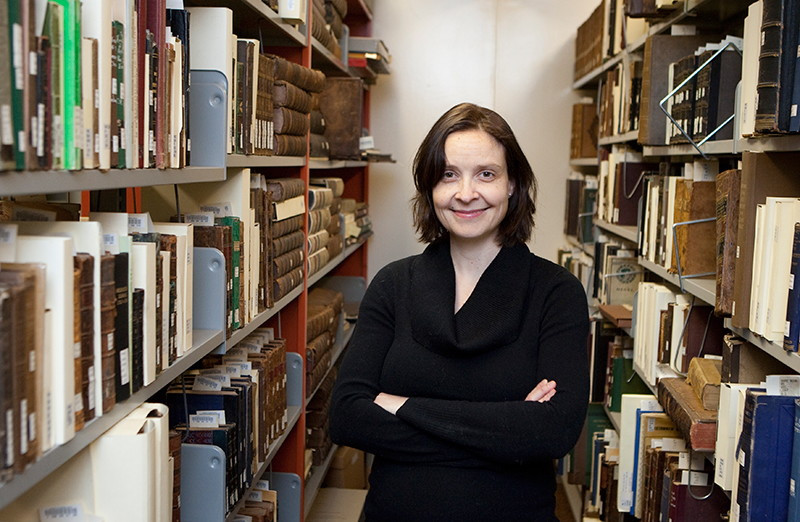Immortalizing the voices of West End residents
University digitally archives folded community newspaper
A new pilot project at the University of Winnipeg Archives and Records Centre intends to revive and immortalize the stories of a defunct West End community newspaper.
Earlier this month, the centre launched its fully keyword-searchable digital archive of the West Central Streets (WCS), which covered the West End and inner-city neighbourhoods in over 75 issues from 1995 to 2011.
“I thought it was such a good community resource,” said university archivist and FIPPA coordinator Gabrielle Prefontaine, who led the project.
“That kind of publication is so powerful, it gives people voices that normally don’t have one in a lot of mainstream media.”
Prefontaine was working on establishing a new vision of online accessibility for the archives department when she read a story in The Uniter detailing the closure of WSC due to funding issues in January 2011.
Within a month of its folding, Prefontaine approached former coordinating editor Erika Wiebe to see if she was interested in digitally archiving the paper’s 16 volumes.
Almost a year later, it is the archives’ first attempt to digitize an external publication.
“To have their stories archived is just another validation of the community’s voices,” said Wiebe, a community development worker, noting she was honoured that the university chose to archive the publication.
Since its first issue in 1995, WSC focused on community empowerment and engagement by giving West End residents a medium through which to share their stories, said Wiebe.
The paper’s editorial board was made up of community members and local residents often contributed to the newspaper’s production.
Wiebe expects the archive will continue to enable the voices of West End community members.
“We really stuck to the goal of keeping things in the words of the people,” she said, adding the paper was known for its strong storytelling component and community collaboration.
Jamil Mahmood, executive director of the Spence Neighbourhood Association, said the archives offer researchers an inside view of the West End.
“You don’t actually know what a community is like until you read a publication like WCS,” he said.
Mahmood also recognized the importance of the paper in the downtown community.
“It was a way to highlight the positives as well as address the issues of the area,” he said. “It really was what the community wanted to hear.”
Although the WCS archives can be accessed online, Mahmood noted the paper was especially important to lower-income residents who may not have access to the Internet.
In 2011, the Spence Neighbourhood Association and the Daniel McIntyre/St. Mathews Community Association began publishing Our West Central Times as a quarterly merge of their monthly newsletters.
Though The Times could never replace WCS, the community-oriented publication seeks to address similar stories and themes featured in the folded newspaper, Mahmood said.
Visit the archive at www.tinyurl.com/WCS-Archive.
Article updated on Dec. 1 at 4 p.m. to correct an error. An earlier version of this article stated that West Central Streets is the university’s first digitally archived publication. That is incorrect. It is the university’s first attempt to digitize an external publication. The University of Winnipeg has many digitized publications online, as does the Archives.
Published in Volume 67, Number 13 of The Uniter (November 28, 2012)








